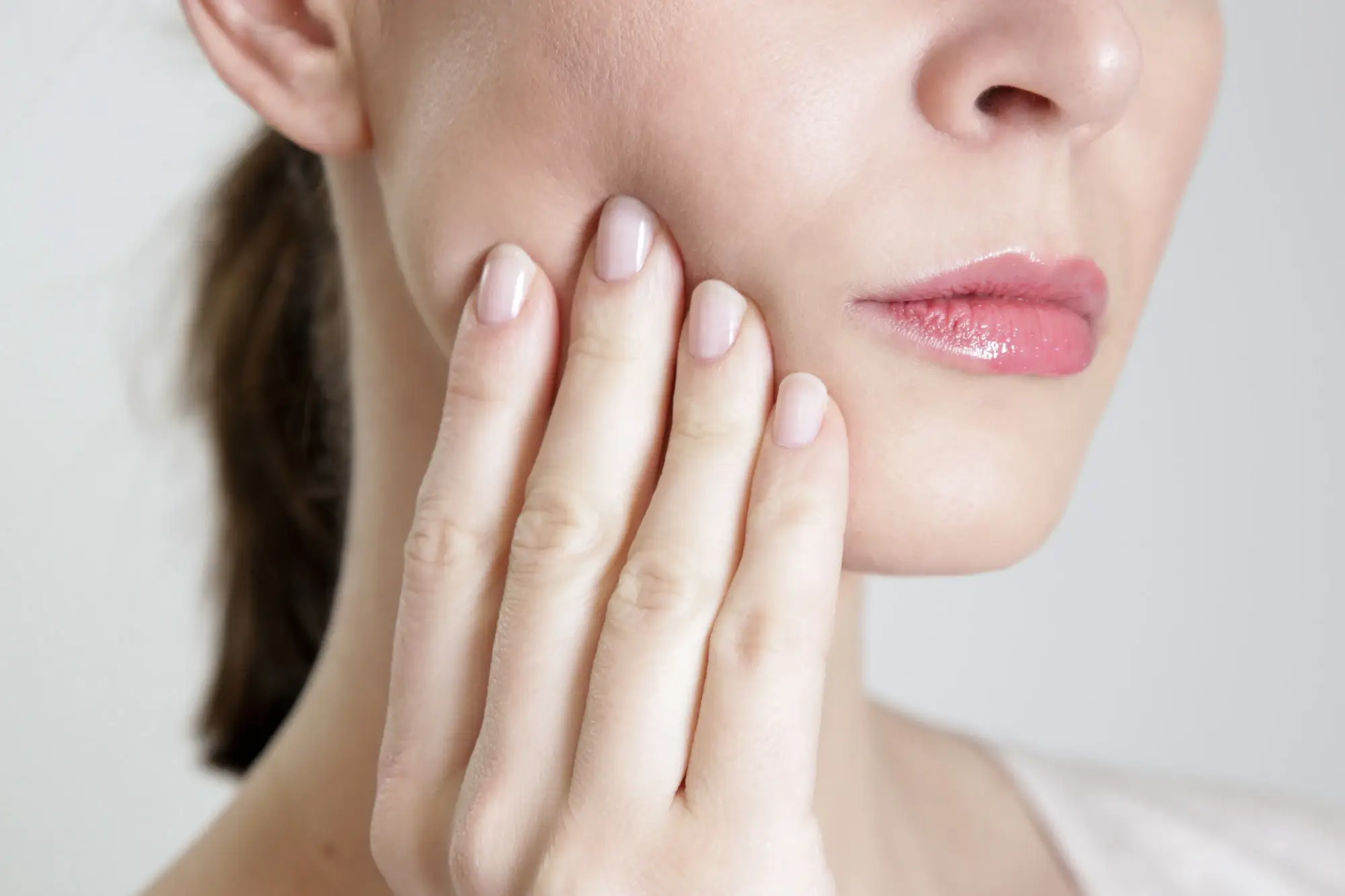Should You Be Concerned About a Sensitive Tooth?

Have you noticed a change in your teeth? Are they becoming more sensitive and causing tooth pain when biting certain foods?
If you answered yes to those two questions, you may have a sensitive tooth and should see a dentist as soon as possible.
But what’s causing the issue, and how can you resolve the problem? Here’s everything you need to know about a sensitive tooth.
What Causes a Sensitive Tooth?
If you have a sensitive tooth, it is essential to identify what causes the sensitivity. Many potential causes exist, from tooth decay to teeth grinding or gum recession.
Tooth decay can weaken the tooth’s enamel and expose the nerve beneath, making it more sensitive. Teeth grinding, or bruxism, can wear down the enamel of teeth and cause it to become sensitive.
Gum recession brings down the protective layer of the teeth. It allows the nerve to become exposed and become sensitive. Depending on the reason, knowing what makes a tooth susceptible can help you figure out how to stop it from getting worse or make it less sensitive.
When to Seek Professional Advice
If you experience sensitivity or pain in one or more of your teeth, seeking professional advice from your local dentist’s office is essential. Persistent or increasing sensitivity that does not go away even after trying a few home remedies could indicate a more severe problem.
The earlier you seek professional help, the better chance you have of being able to reduce or eliminate any discomfort you may be feeling. Your dentist or endodontist will be able to find out what’s going on and tell you what the best treatment is.
If the pain or sensitivity gets worse, lasts longer, or spreads to more of your teeth, you should always talk to a dentist. Early diagnosis and treatment may help to prevent the problem from becoming worse.
Home Remedies for Tooth Sensitivity
You can treat tooth sensitivity with a variety of home remedies. It includes salt water rinses, numbing gels, and clove oil applied directly to the tooth. In addition to home remedies, your dentist can recommend fluoride treatments and dental sealants. It is to soothe your tooth sensitivity.
Even though home remedies for sensitive teeth might help you feel less pain, you shouldn’t count on them exclusively. Consulting your dentist for further advice is necessary to ensure your overall dental hygiene.
Dietary Effects on Sensitivity
Dietary choices can also affect your sensitivity as certain foods and drinks may be acidic or high in sugar content leading to increased tooth wear. Citrus fruits and fruit juices, caffeinated beverages, sports drinks, and carbonated sodas can all wear on enamel, making teeth more susceptible to sensitivity.
Additionally, acidic foods such as pickles, vinegar, and tomato sauces can contribute to tooth wear and sensitivity. Therefore, making conscious decisions about your diet, like selecting sugar-free, low-acidic drinks and foods with low sugar content, can help protect and preserve your teeth against sensitivity.
Learn What to Do When You Have a Sensitive Tooth
Yes, it is essential to be concerned about a sensitive tooth. It could be a sign of something more serious. If you have a sensitive tooth, it is best to consult your dentist immediately.
Take action today and schedule an appointment with your dentist to help ensure a healthy and beautiful smile.
For more informative topics, check out the rest of our site!
